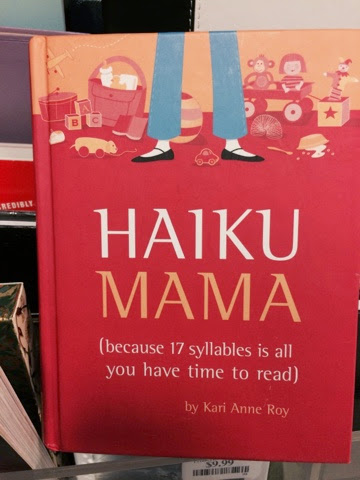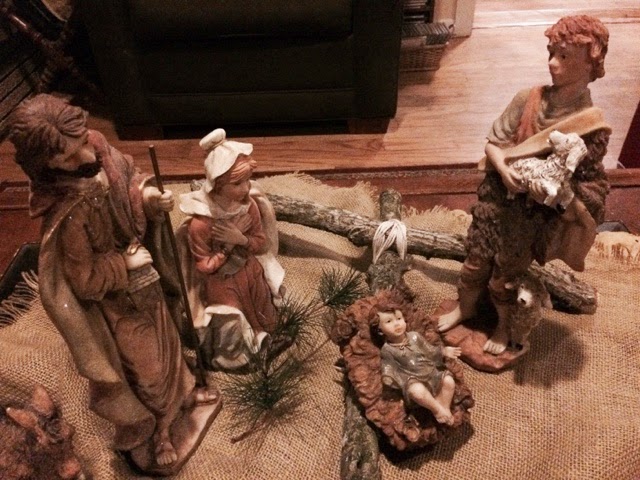We began looking at this passage yesterday with a brief history of Chorazin and Bethsaida, both towns where Jesus preached and ministered. It was in Bethsaida that the miracle of the second touch healing of the blind man occurred. Despite their familiarity with Him and the miracles He performed there, neither of these towns embraced Jesus. Both towns lie in ruins today.
Tyre was a Phonecian seaport and fortified city, within the area of the Promised Land given by lot to the tribe of the sons of Asher. (Joshua 19:29) The city was famous for a particular purple dye (Tyrian purple) obtained from the murex shellfish found in the waters off its coastline. Because of its rarity, it was very expensive.
Tyre was an extremely beautiful city and had the best of everything with unimaginable wealth, but it was a very prideful city. Ezekiel was instructed by God to take up a lamentation against Tyre. (Ezekiel 27:1 ff) The city, because of its location on the coast, was "merchant to the people of many coastlands." The passage indicates that the wares of Tyre included white wool, fine wine, wrought iron, cassia, and sweet cane, lambs, rams, and goats, clothes of blue and embroidered work and carpets. We can see from the passage in Ezekiel that Tyre received payment in the best the world offered. They also accepted payment from Javan, Tubal, and Meshech with "the lives of men and vessels of bronze" (Ez 37:13) This indicates an active slave trade in Tyre that had been allowed to continue.
In addition to their wealth, the leader or Prince of Tyre was very wise, had accumulated great wealth through his wisdom, and ultimately was so filled with pride that he had declared himself a god.
The city has been conquered numerous times over the centuries. Now a part of Lebanon, it is predominantly Muslim. There is a Christian presence that dates as far back as the first century, when Paul stopped there on one of his missionary journeys.
Jesus said that it would be better for Tyre than for Chorazin and Bethsaida when the judgment came. The pride and the decadence of Tyre, the arrogance of the Prince who declared himself a god, the slave trade, would receive less punishment than Chorazin and Bethsaida. How can that be? Tyre had the law, but not the physical manifestation of the Amighty. God Himself, in the flesh, came to Chorazin and to Bethsaida, however. He spent time there. He did amazing miracles there. The people could literally see God, and yet they refused to believe.
What does this mean for us? First, we must be careful not to put our faith in beauty and wealth, both of which are transient, as the people of Tyre did. Instead, our faith must be in God Himself. Second, the people of Chorazin and Bethsaida also had God in their midst. They saw Him in the flesh. One of their own, a blind man, was left with sight as an ongoing attesting miracle. Despite this, they failed to recognize Him.
Because of the Holy Spirit, we can know God personally. We can see His acts and be filled with His Presence. We can see, but the question is will we see? Will we look to ourselves or look to God for the answers of life, for our direction and purpose? Dear ones, Jesus is truth. There is no other name under heaven by which we can be saved from the consequences of our sin. May our prayer be that of the hymn writer:
"Open our eyes, Lord,
We want to see Jesus!"
(Robert Cull (c) 1976)

